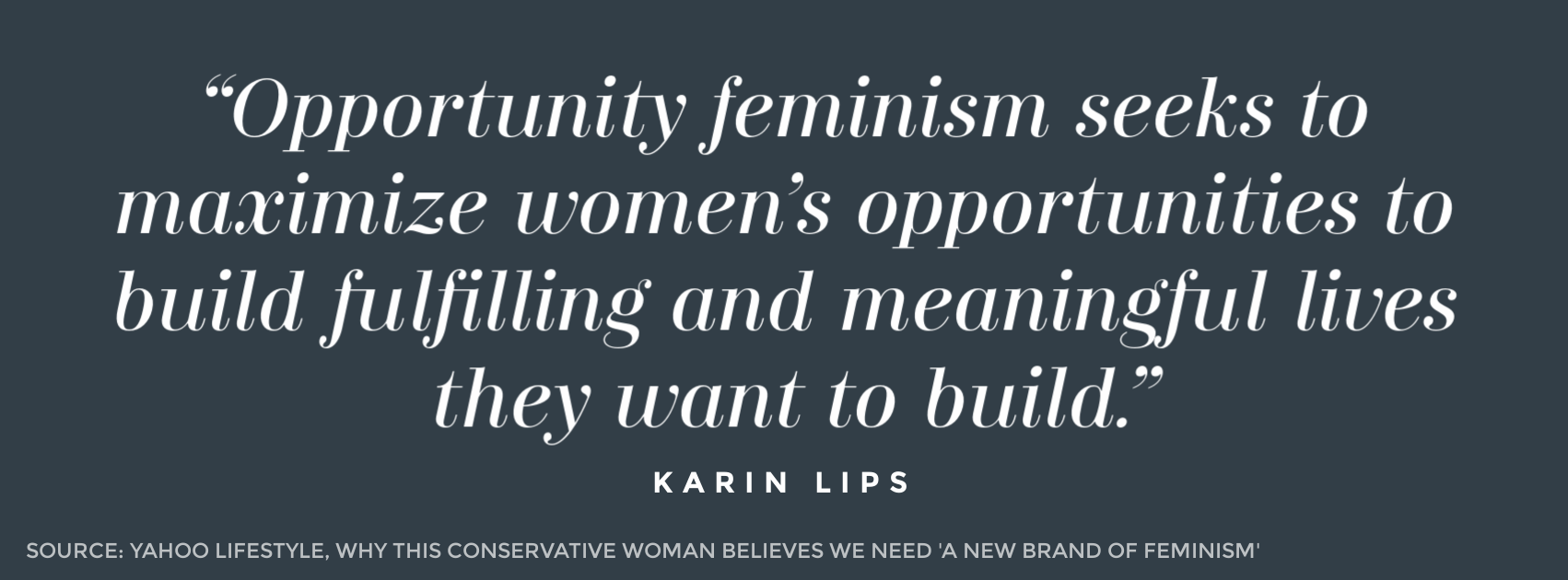Millennials Need New Policies, Not New Hashtags
This article originally appeared in Forbes.
The White House held its Millennial Outreach and Engagement Summit on Tuesday for young people to come together and share how they are going to persuade their peers to sign up for ObamaCare. The fourth Open Enrollment period begins November 1, 2016.
According to a June Centers for Medicare & Medicaid Services media release, younger and healthier adults are more likely than average to remain uninsured. The CMMS lists how young people benefit from having insurance, such as protecting against catastrophic costs from a serious illness, and then hits at the larger issue—young people signing up “contributes to a more balanced Marketplace risk pool and lower costs.” That’s the key.
For ObamaCare to work, younger, healthier people must sign up to subsidize older people who generally consume more healthcare.
This Administration has all kinds of “new” strategies to try to reach young people who have not signed up for ObamaCare, operating on an assumption that millennials aren’t signing up because they don’t know about it or don’t realize the supposed benefits—not because young people might be weighing their options and purposely opting out.
There is a public-private partnership with Lyft for discounted rides to attend Open Enrollment events, a faster email response plan, and even a #HealthyAdulting hashtag campaign. This echoes a long history of efforts to try to get young people to sign up—from encouraging parents to talk to their kids during Thanksgiving to celebrity spots to President Barack Obama appearing on “Between Two Ferns with Zach Galifianakis” to pitch young people on signing up for ObamaCare and ensuring them that, “healthcare.gov works great now.”
Millennials don’t need new hashtag campaigns. What they need are new policies.
Two conservative women’s groups, the Independent Women’s Forum and the Network of enlightened Women (see my affiliation in my bio), are leading the way, by offering the Working for Young Women report. This Report includes more than a dozen policy reform ideas to create a more dynamic society in a responsible way—not just suggesting more “free” government programs that will shift costs to the next generation or new slick advertisements trying to fit millennials in old programs. The Report encourages millennials and in particular, young women to rethink old issues.
Take health insurance. According to a Gallup poll published in August, only half of millennials plan to stay with their company one year from now. Changing health insurance regularly is a headache. Millennials should advocate for unlinking health insurance from employment.
Or student loans. Despite increases in government loans, which are intended to make college more affordable, college costs keep rising. Approximately 70 percent of graduates leave college with student loan debt, averaging $30,000. There seems to be an endless number of administrators, deans and provosts on college campuses. Millennials should push for accountability in higher education and make cost-conscious decisions. For example, Purdue University President Mitch Daniels imposed tuition freezes to force Purdue to rethink spending. This caused pressure on other universities in Indiana to freeze tuition as well for fear of losing good students.
Conservative policy reforms will benefit young people, including young women. These policies are about returning power to individuals and creating a more flexible, dynamic society.
Millennials don’t need more slick marketing campaigns from the White House. They need new policy ideas, and conservatives have them.



